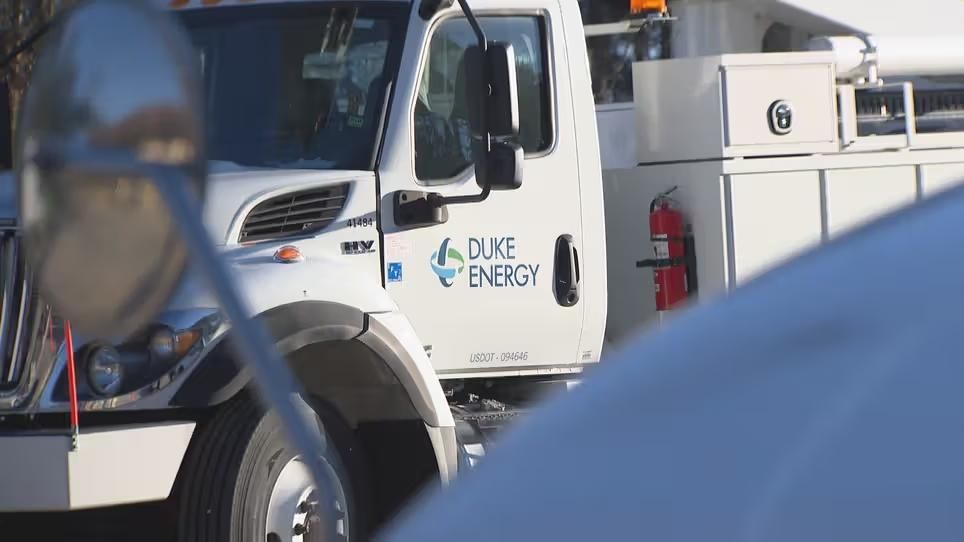Duke Energy would be allowed to avoid a fast-approaching climate change goal and charge North Carolina customers now for future power plants under the terms of a bill on the way to Gov. Josh Stein.
The North Carolina Senate gave final approval of Senate Bill 266 on Thursday.
Supporters of the bill believe it will keep power bills from becoming even more expensive. Critics say it could do the exact opposite, potentially leaving North Carolinians paying billions of dollars for power plants that never actually get built.
The measure makes changes to a law passed in 2021 with bipartisan support, intended to decrease carbon emissions from North Carolina energy production by 70% by 2030, and down to net zero by 2050.
That law, House Bill 951, was a carefully negotiated deal between clean energy advocates and energy providers, setting periodic carbon reduction targets for the utilities and boosting solar generation while allowing utilities to set rates for multiple years rather than annually.
Four years later, Duke Energy now says meeting those carbon reduction targets will cause consumers’ power bills to rise. The measure eliminates the intermediate deadline, freeing Duke from meeting the 70% target set for 2030.
On Thursday, Duke Energy provided a statement about the bill.
“We appreciate bipartisan efforts by policymakers to keep costs as low as possible for customers and enable the always-on energy resources our communities need," a Duke Energy spokesperson wrote. "Policies which build on our state’s strong customer protections while helping meet growing energy demands from population growth, business expansion and a resurgence of manufacturing can play a critical role in supporting North Carolina’s thriving economy.”
John Locke Foundation President Donald Bryson said that will save consumers money.
“It was an arbitrary sort of benchmark that was put into House Bill 951, and it sort of accelerates one type of fuel load onto the grid, solar, namely, which will make rates go up for ratepayers in the long run,” Bryson says.
NC Sustainable Energy Association President Matt Abele said that’s not true.
“The notion that [solar] resources are more expensive and may not be as reliable is false,” Abele told WRAL News. “It's the most cost-effective resource on the grid right now, and it's the quickest to develop.”
Abele said it’s more likely to make utility bills go up than down. It removes incentives for Duke to develop more renewable capacity, while opening the door to building more natural gas-fired plants. It also allows the utility to charge users for building them in advance.
Abele says the bill also changes the utility’s fuel-cost formula so commercial users would pay a smaller share.
“It's going to lead to increased electricity bills in terms of putting more of the burden onto residential ratepayers, and making it more difficult to develop resources that are truly most cost effective,” Abele said, noting that clean energy advocates who were involved in negotiating H951 were not consulted on SB 266.









 English (US) ·
English (US) ·